Marianne Haslev Skånland, 14 March, 2012
Marianne Haslev Skanland is a professor emeritus of linguistics of the University of Bergen in Norway. She is especially interested in analysis and criticism of science and is a long standing critic of social work and psychology as practiced in the child protection regimes of the West.

Photo credit http://www.brotherjohnf.com/
The list below was initiated on the 14 March 2012 and new points are added as time allows.
The list contains arguments all of which have been used by the Nordic child protection service (CPS) and/or allied professions and people in actual cases, such as in case reports and in court when the CPS argues for the necessity of taking children away from their parents and placing them in foster homes or institutions. They bring up the same kind of arguments to prevent foster children being allowed to return home in cases in which both parents and children say clearly that they want to be reunited. A couple of standard arguments are then added: The foster child ‘has now developed attachment to its foster parents’ (even when the child says no) and ‘the child must have routines and stability and not be moved’ (even when the CPS has moved the foster child many times).
It is serious that these types of argument[s] are allowed in our courts and are even accepted by our judges. Most revealing of all is the fact that such arguments are suggested by the CPS at all. If there are really as many children as the CPS claims living under so seriously bad conditions that it is clearly necessary to take them out of their homes, why then are arguments like those below brought up at all, and in case after case?
And why does anybody believe that ‘child experts’ who come up with that kind of argument – even had it been only in a single case – can be trusted in their ‘diagnosing’ of other cases?
No conclusion is therefore possible other than this one: Children are being taken away from their parents and their home for no acceptable reason. Social workers and psychologists who eagerly argue in favour of depriving children of their parents, have their reasons, but they are not acceptable and are not at all in the best interest of the child.
*
(1) The father is out of work and cannot support the family.
(2) The father is ill and the mother cannot get paid work. Therefore the family is too badly off to pay for toys and for school and after-school activities for the children. [The foster home received many thousands of crowns each month for each foster child.]
(3) Clean clothes are not placed in ‘military order’ in the cupboard.
(4) The psychologist registered that the mother could not make an omelet to his satisfaction and she cuts the bread into too thick slices.
(5) The child looks eagerly at strangers around it and smiles at them. This means that it is not attached to its mother. [The mother stood talking to some people after visiting the social security office, while the baby in the pram looked eagerly at people around it.]
(6) The baby turns its face the wrong way when its father washes it. [Probably an insinuation that the child did not want to look at its father because it disliked him. In reality perhaps it didn’t want to get soap in its eyes, so what is the ‘wrong’ and ‘right’ way to avoid that?]
(7) The mother uses too much soap when cleaning. [Reported to the CPS by a ‘home helper’ who had been instructed by the CPS not to help with practical work but to ‘observe’ the family.]
(8) The father is too active, the mother is too passive. [CPS observers are frightening enough to make anybody either, out of sheer nervousness.]
(9) The father has a foot injury and cannot stand on a ladder. Therefore he is not able to clean the top of the window frames.
(10) The house does not have an indoor toilet but outdoor conveniences. [This assessment made by the CPS makes one wonder how they imagine generations of people survived in Scandinavia in previous centuries when everybody had outdoor toilets (not in the open, of course, but in a shed separate from the house and without any heating) and no CPS to ‘protect’ children against them. They were even in use in some parts of downtown Oslo 60 years ago and are still common with summer cabins and also with many winter cabins up in the mountains – can be freezing cold.]
(11) The mother has made a previous landlord angry because her cats had urinated on the floor. [This had happened several years before her daughter was born, but it was used as proof that the mother did not provide a good environment for her daughter.]
(12) The child is not interested in the ‘concept training’ in kindergarten.
(13) The mother wants to let the children’s grandmother bring them to and from physiotherapy and other medical treatment which they need, instead of taking them herself. In this the mother puts her own interests before the children’s. [The mother, who is a single provider, has started an education and goes to classes at the relevant times. The grandmother is more than willing to take the children to their treatment. The CPS works to pressure the mother into giving up her professional training – which would keep her locked in the power of the social services for financial reasons – to take the children to treatment herself and they try to forbid the grandmother to do so.]
(14) The son plays truant from school. [The mother even took unpaid leave from her work in order to walk with him to and from school. The CPS still blamed her for the boy’s not liking school.]
(15) The parents have asked the CPS for help because their child does not keep up with what he should learn in school. [Actually, many cases start by parents asking for some kind of help. They are then branded as incapable of giving care.]
(16) The mother is very small. When the daughter grows to become a teenager, the mother will not be able to tackle her.
(17) The grandmother is 54 years old. She is too old. The mother’s sister is 28. She is too young. [The boy’s mother had died and the family wanted to care for him. He was 12.]
(18) When visiting the children the grandmother wanted to embrace them. The CPS had to stop that, since it can create an unwanted attachment.
(19) When asked by the judge if she wanted to go home to her parents, the girl replied ‘yes’, but that is what all foster children want. She did not give any reason for wanting to go home. [From a court judgment. The fact that all/many want to go home is, in other words, turned into an argument for denying them the right to be reunited with their parents. The girl was 13 years old. She later said that the reason she had not replied to their ‘Why?’, was that she thought the judges were insane, since they could ask at all for a reason why she wanted to go home to her beloved parents.]
(20) Well, the girl says she wants to go home but of course she must be allowed to go on living in the foster home. [Said in court by the girl’s lawyer, who had been appointed by the authorities, completely against the girl’s own wishes, to represent the girl’s interests. Such lawyers regularly ‘represent’ the private client(s) but say what the CPS wants to hear.]
(21) The mother suffers from depression so one baby is enough for her to cope with. [The mother had twins and the CPS took one.]
(22) The mother has a bad back. She cannot take care of more than one child. [The CPS took the other child.]
(23) The mother is physically handicapped and does not have the full use of her legs. Therefore she cannot play with the children in the sand-lot or go skiing with them in winter.
(24) The mother is a person who abuses medication. [The medication was prescribed by a doctor for a purely physical illness.]
(25) The parents want to keep the child with them and do not want it to be placed in a foster home. This proves that they cannot cooperate with the CPS in the best interest of the child.
(26) The father has a negative attitude to the CPS.
(27) The parents will not let the psychologist film them at home to show them how poor their interaction with the child is. [Such filming is often called ‘Marte Meo method’. There is, however, no particular method for selecting situations to be filmed, nor for analysing what has been filmed or what is ‘wrong’. One is reminded of German Nazis, who used to film the helpless victims of their medical experiments.]
(28) The CPS offered the mother a ‘home milieu therapist’ to visit the home. The mother would not receive this helper, she said she did not understand what the therapist was supposed to do. Therefore, the CPS has not been able to uncover the degree of neglect the children are living under. [As clear a disclosure as any of the CPS’s real purpose of sending someone into the home.]
Professor Marianne Haslev Skånland’s website via http://www.brotherjohnf.com/
















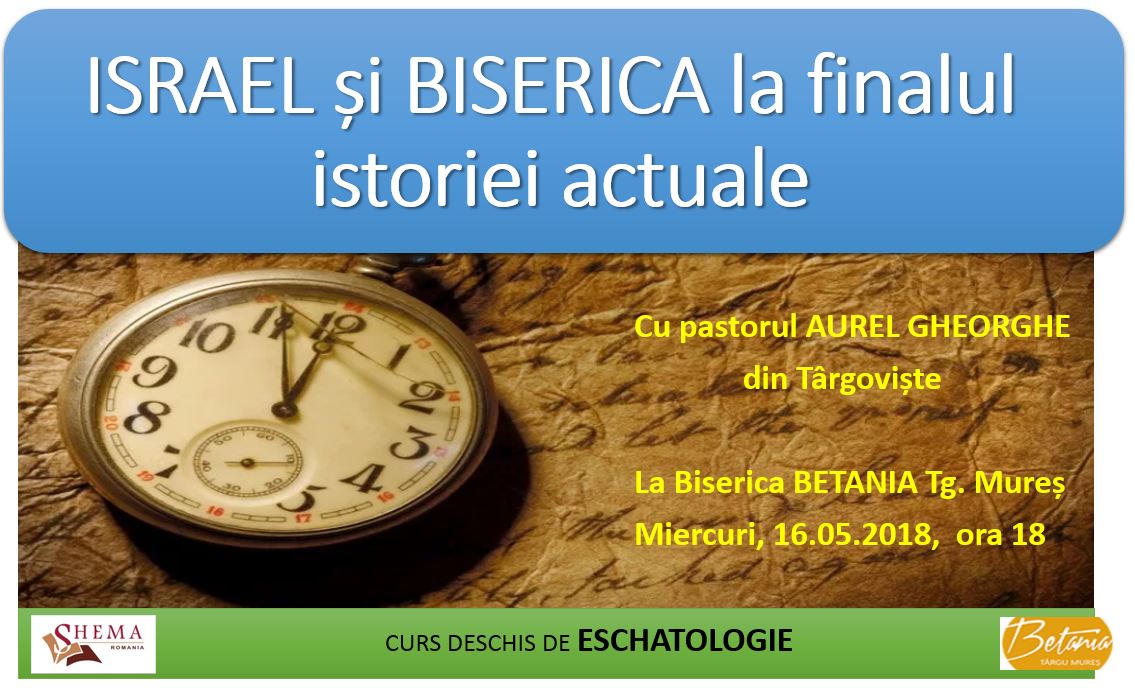




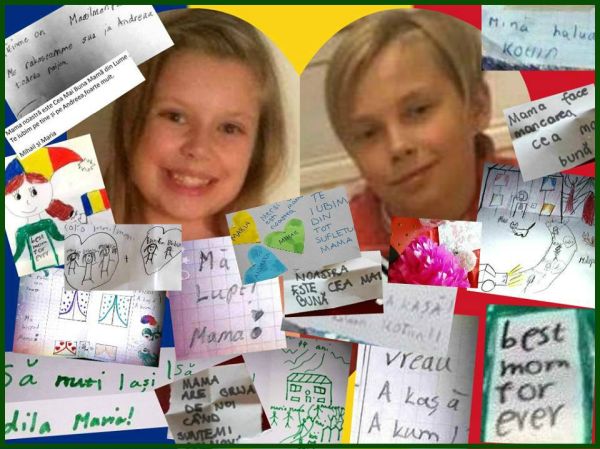

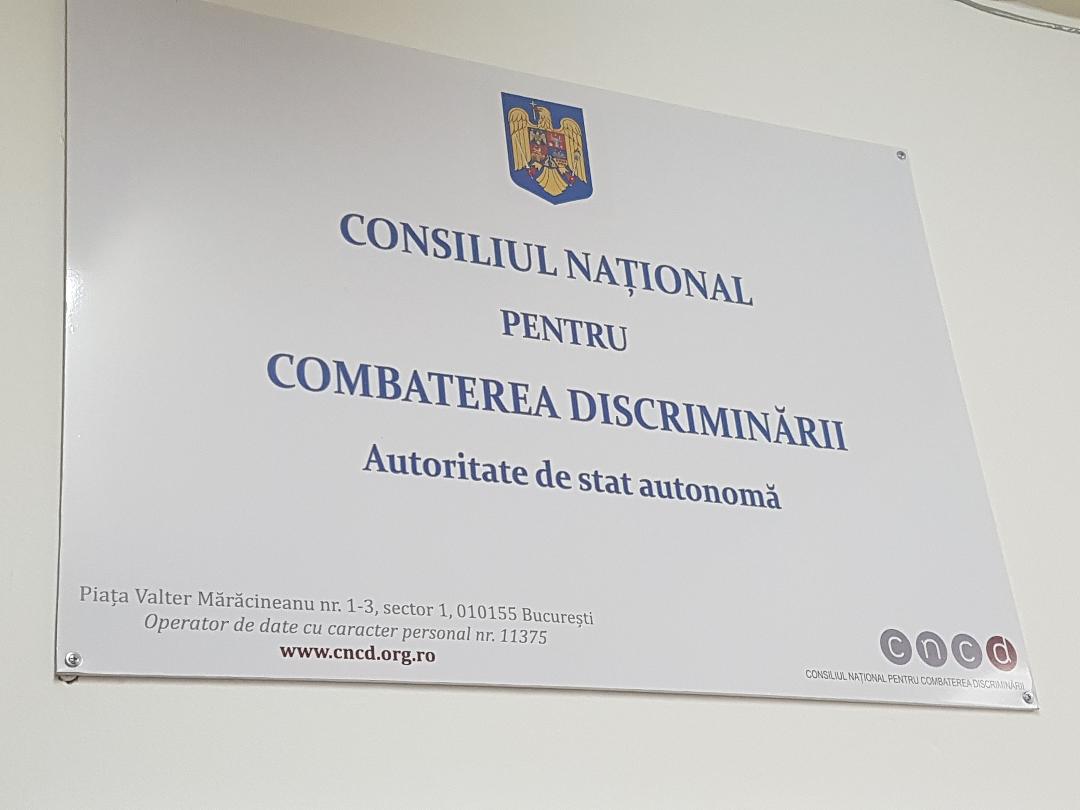

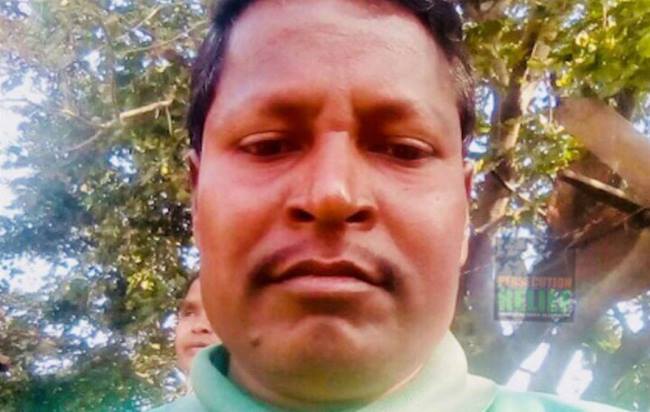


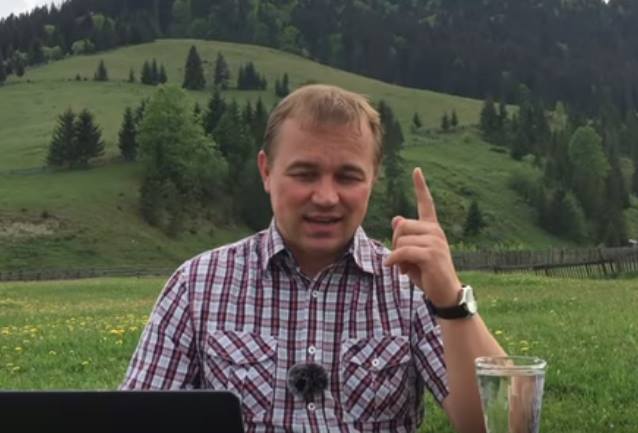







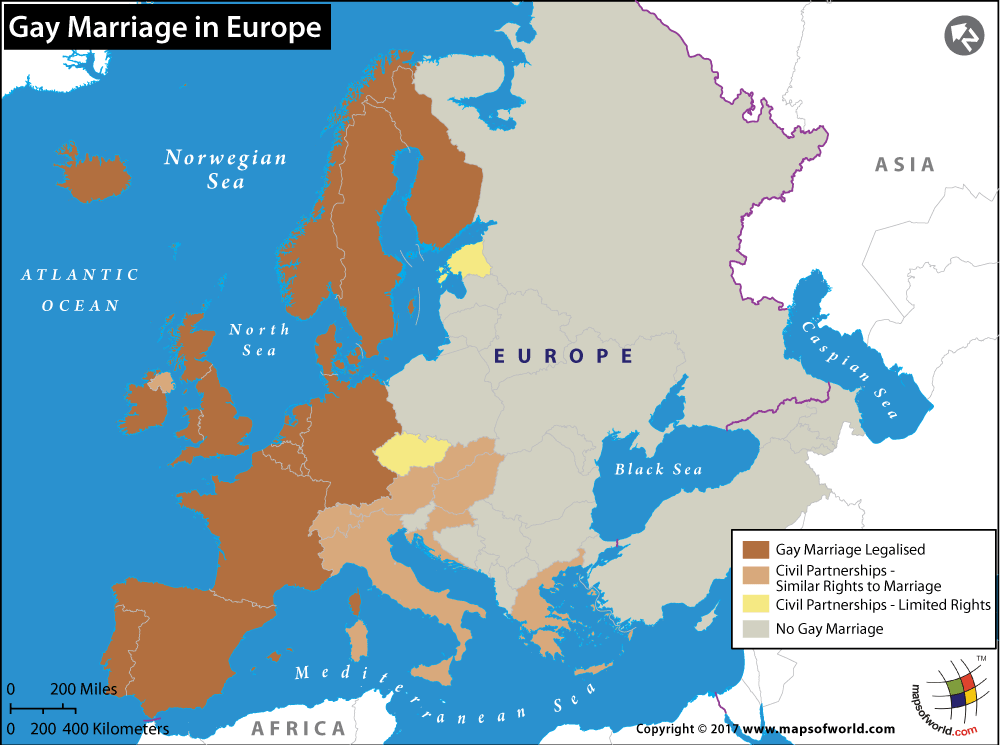







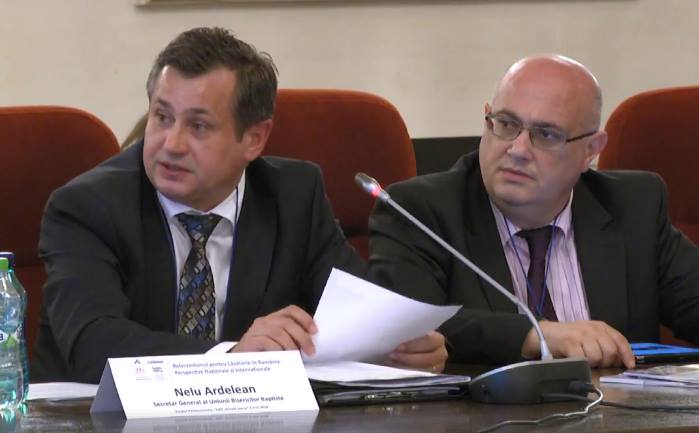

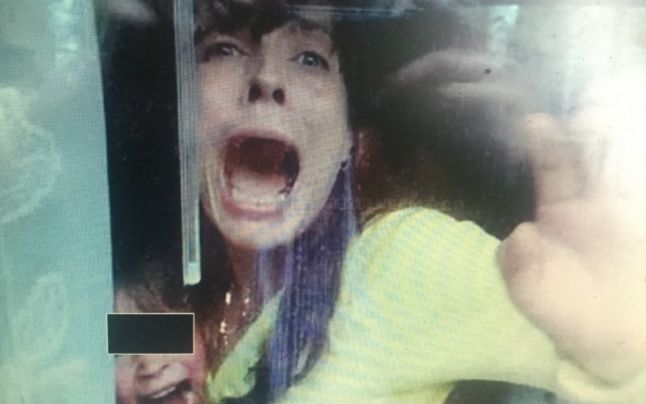



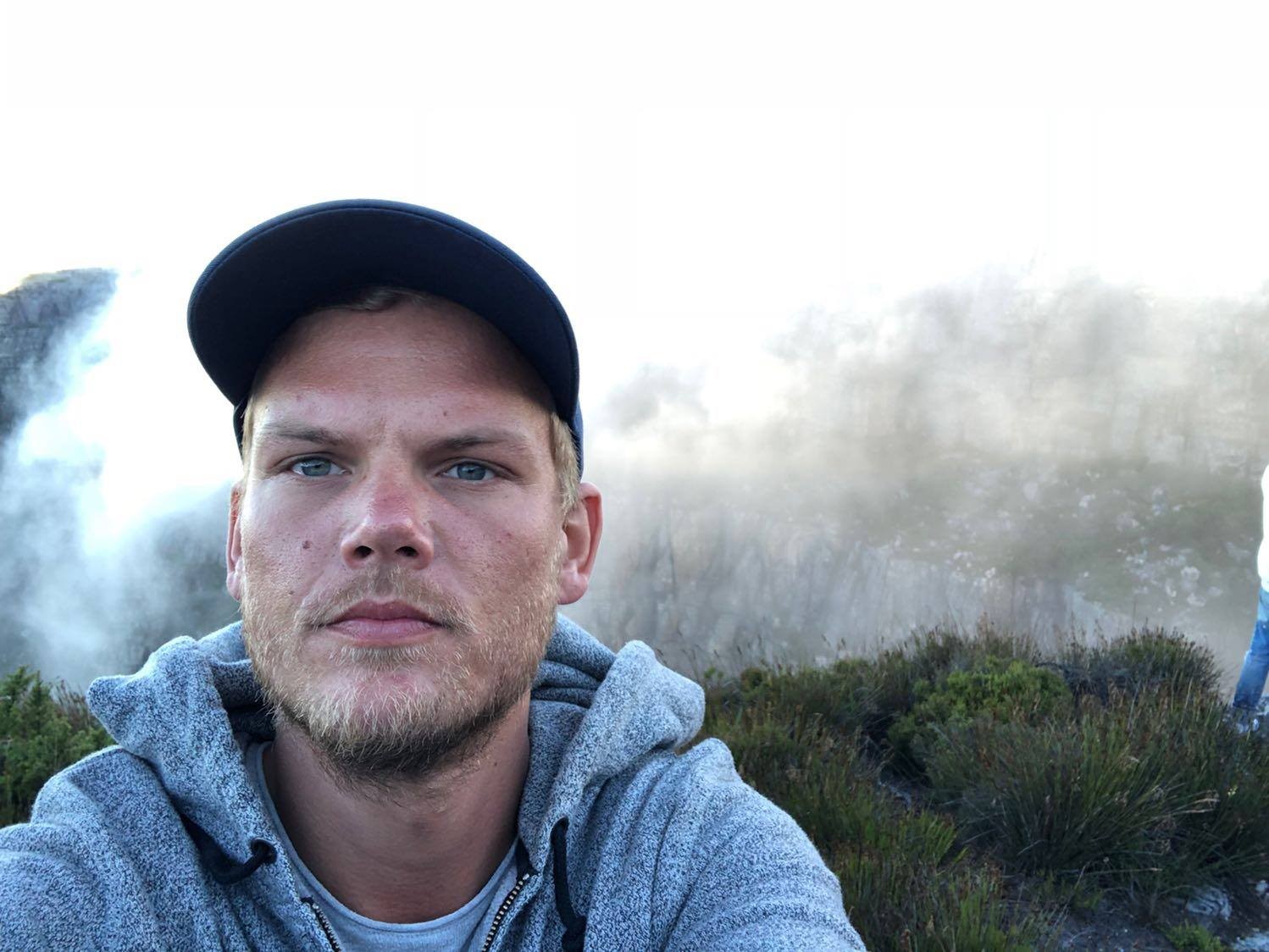

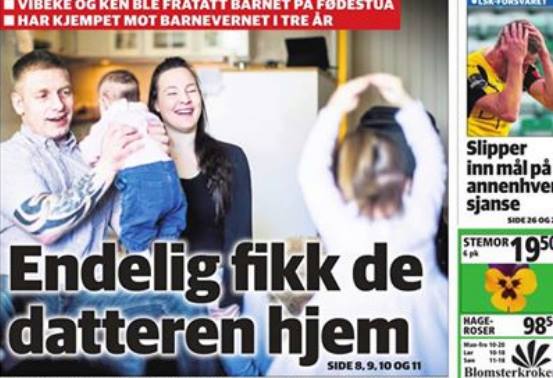


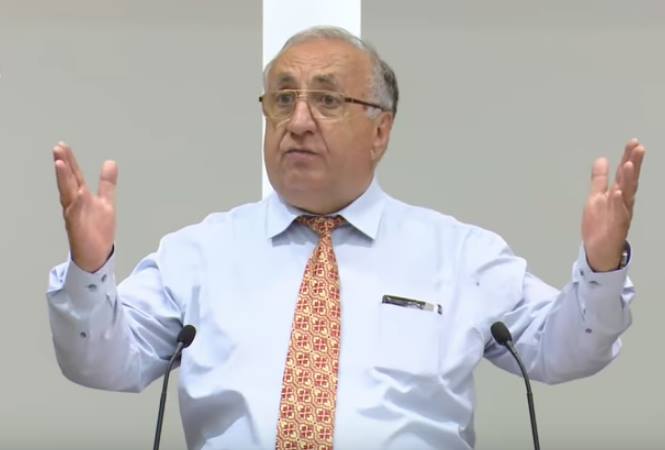


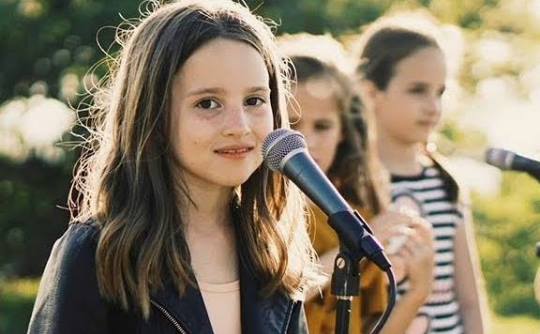
















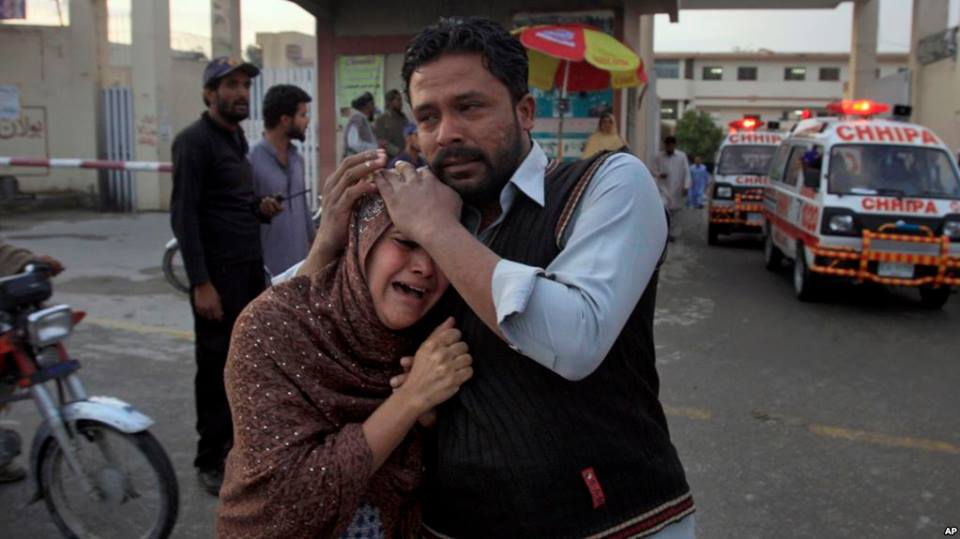

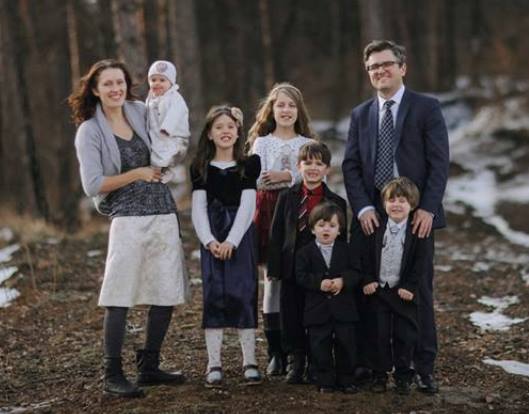


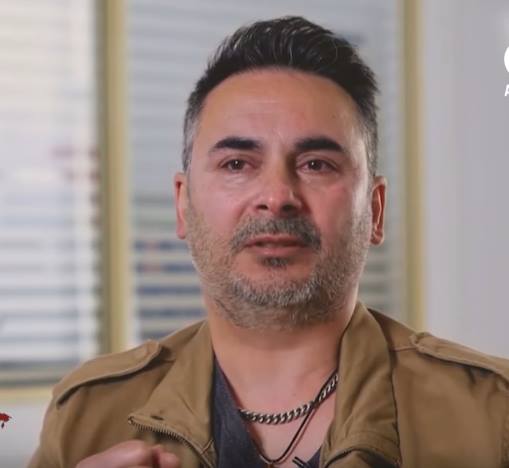








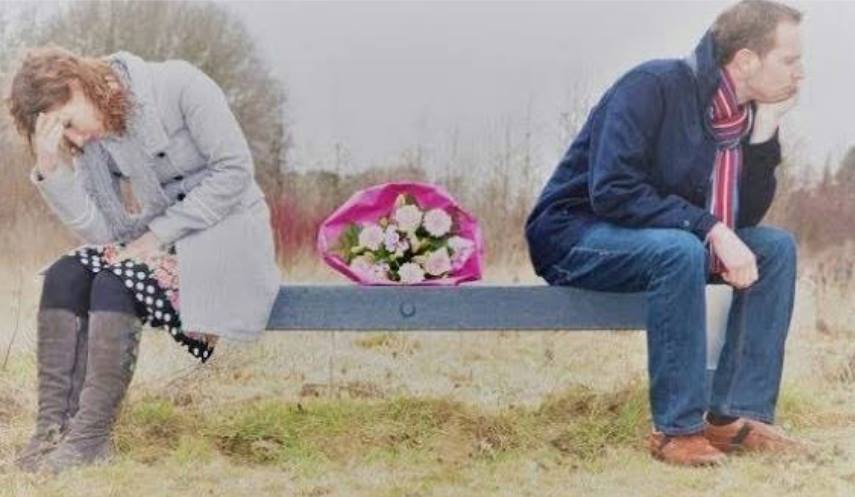
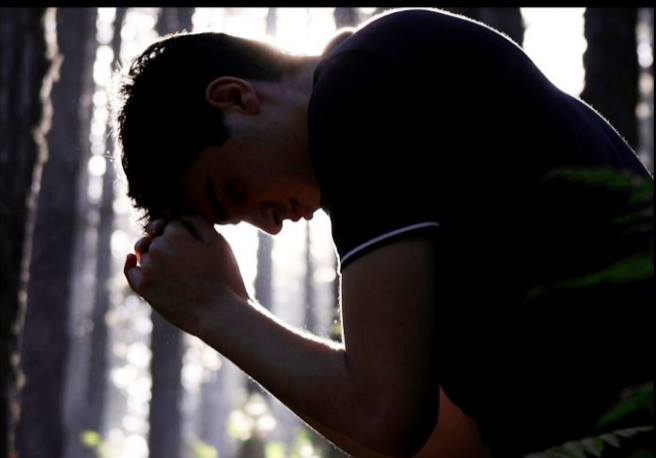



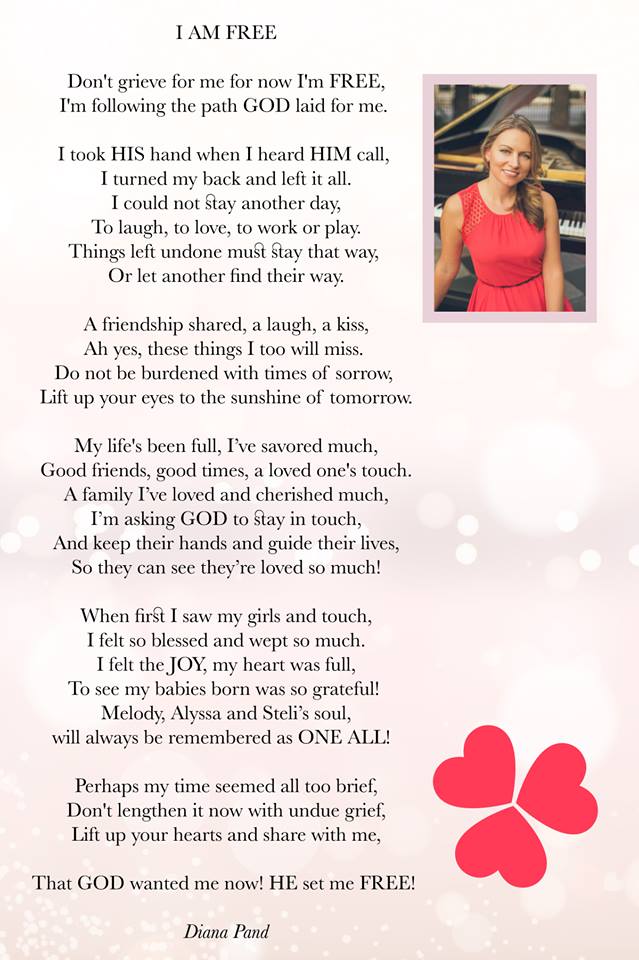













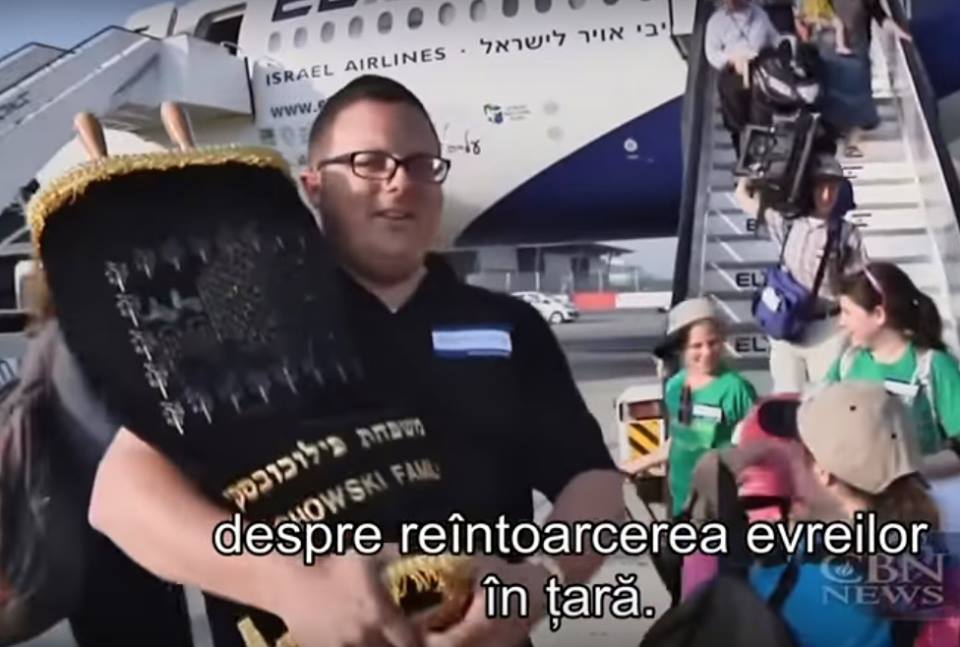

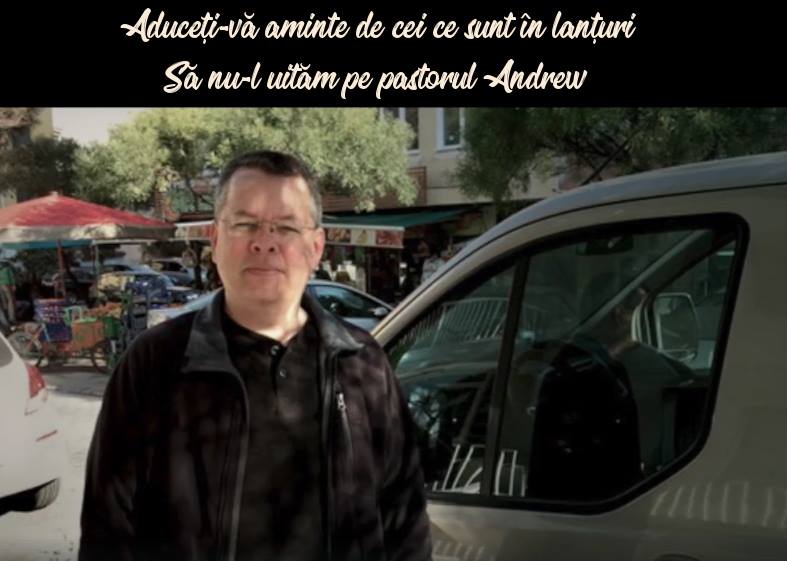


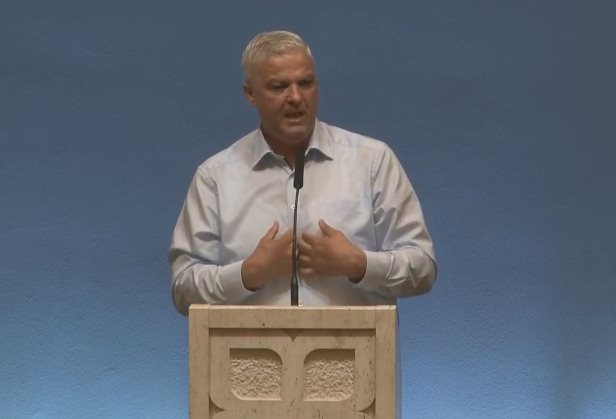
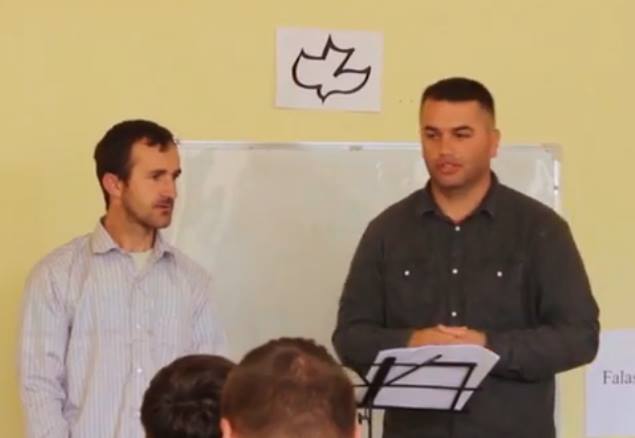

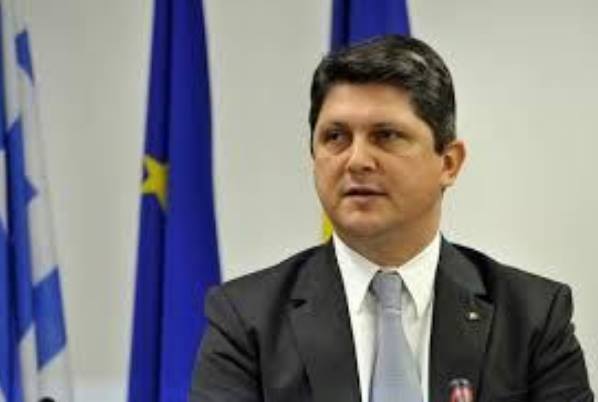




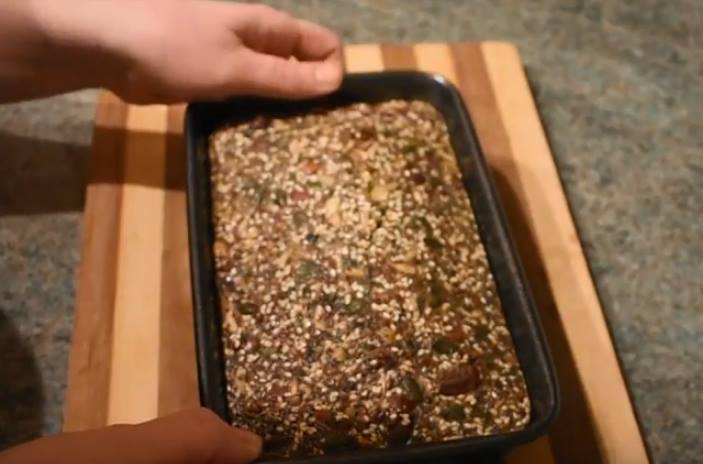













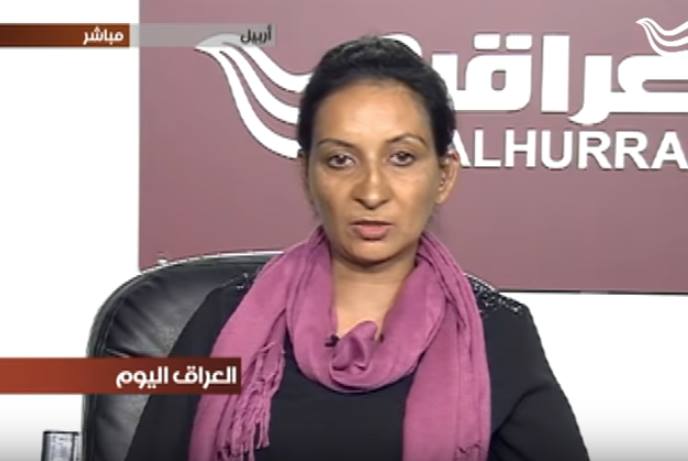
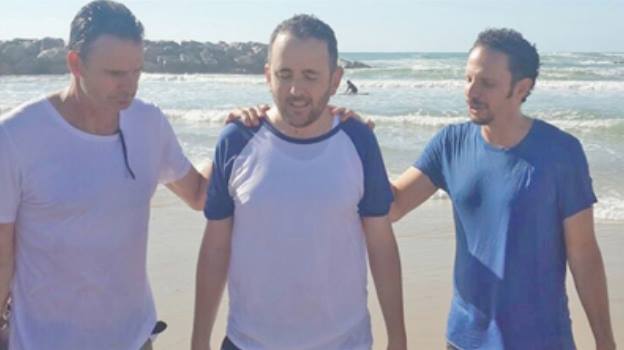

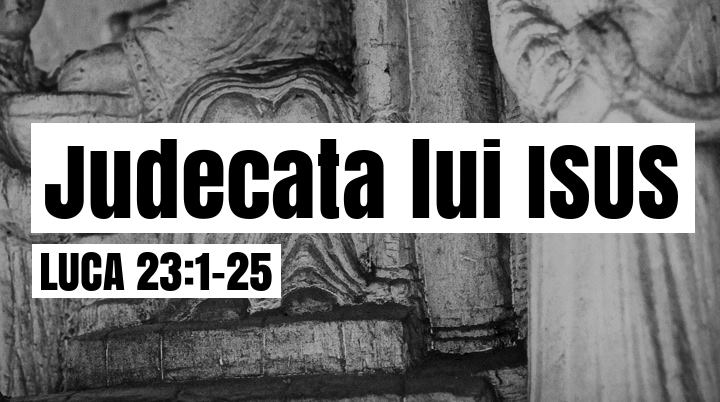







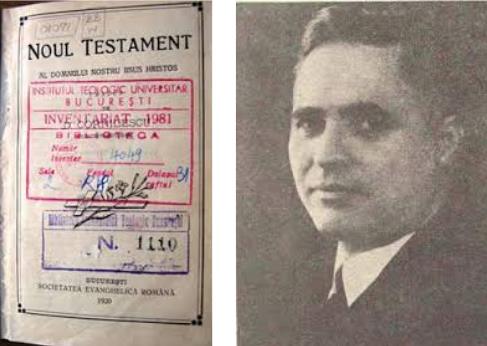





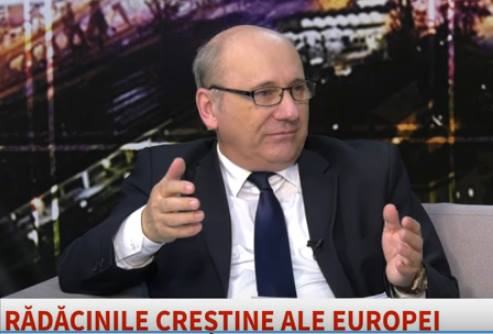
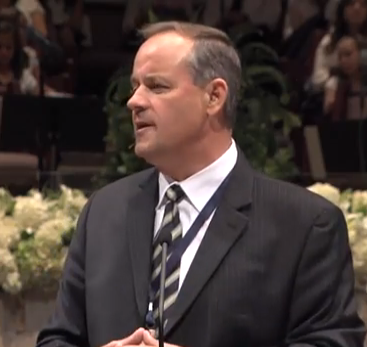



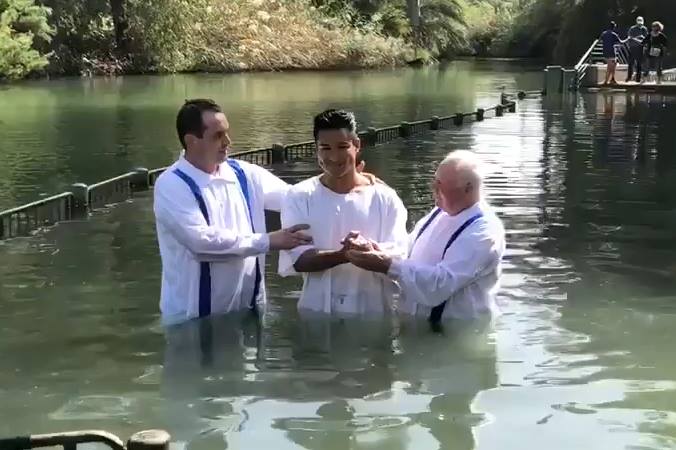

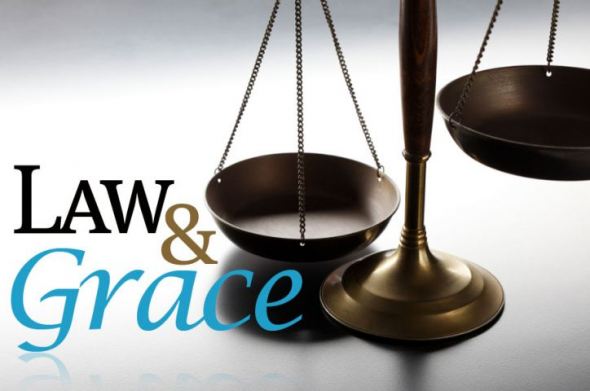




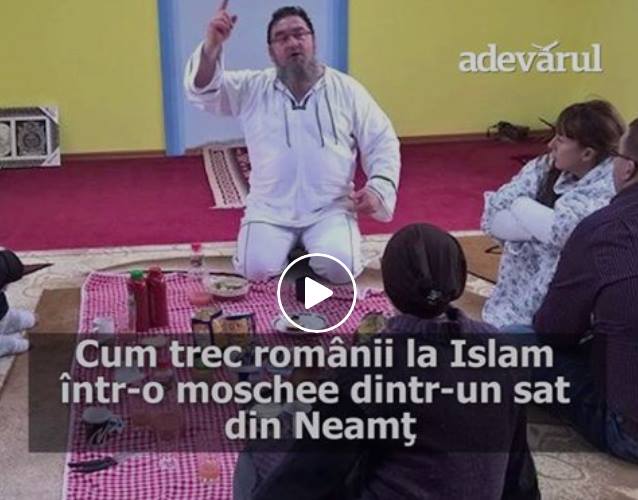





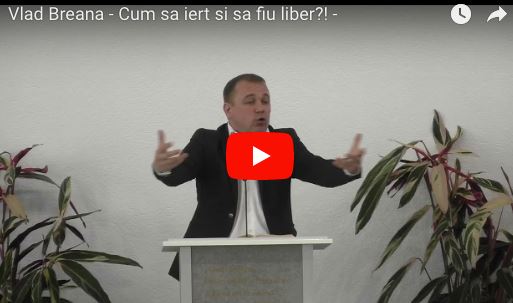



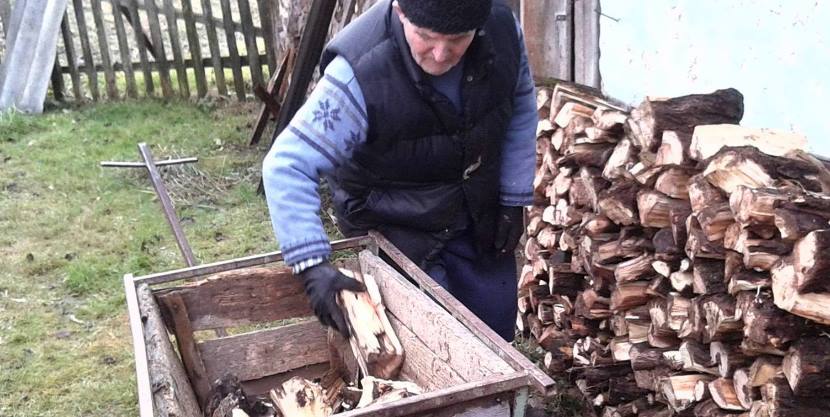



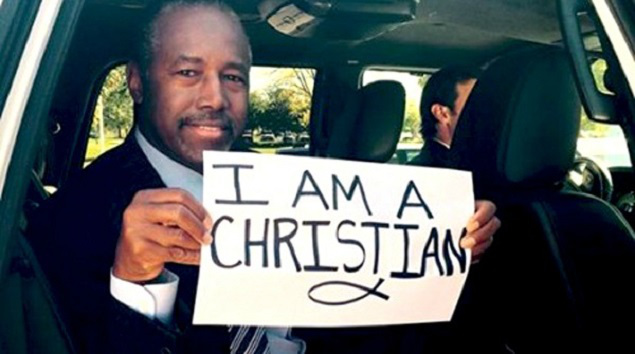








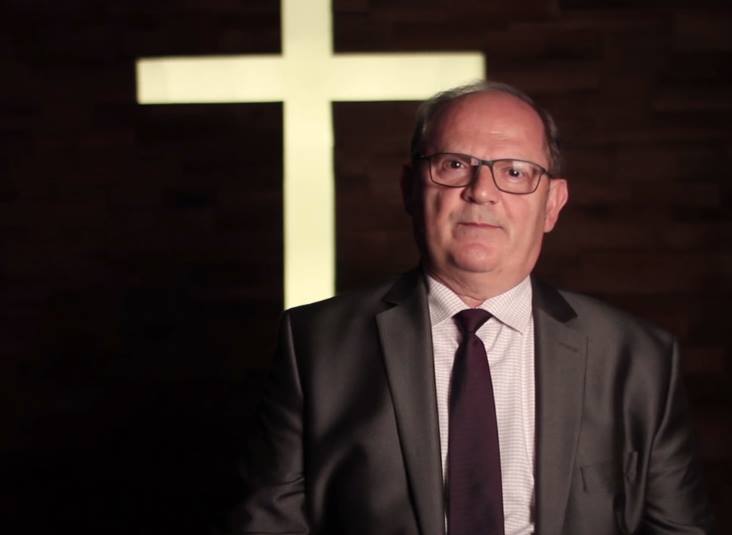









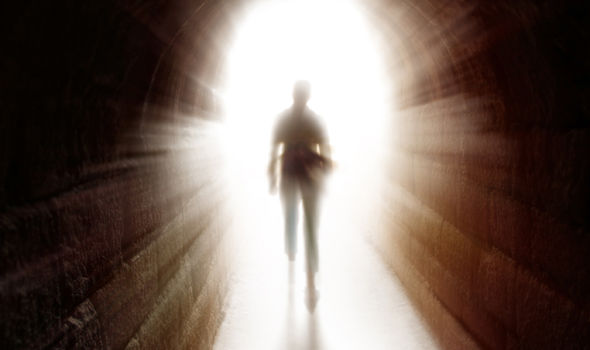











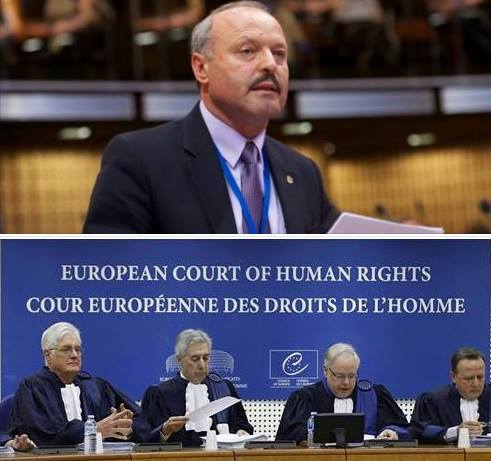

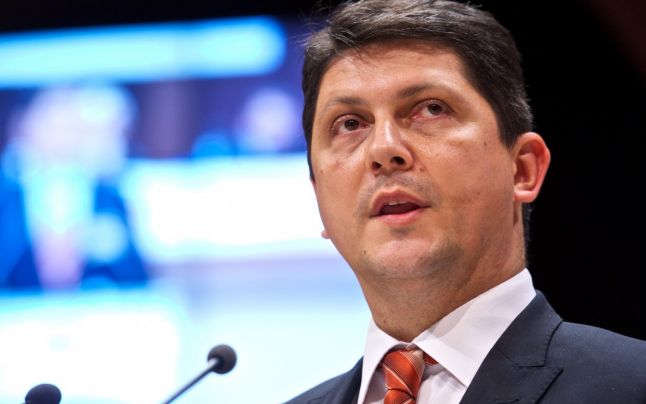






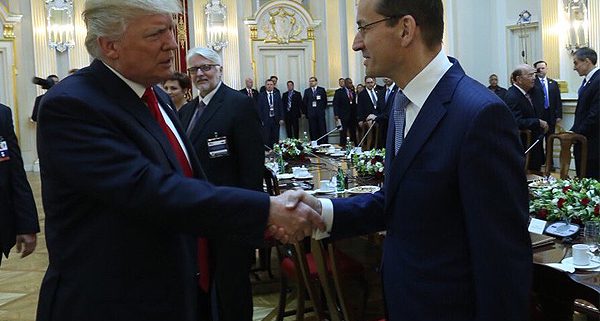
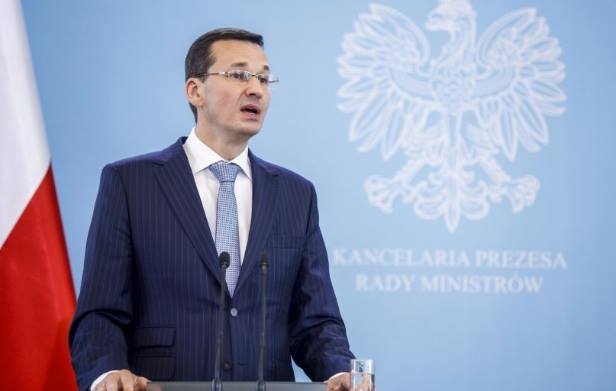
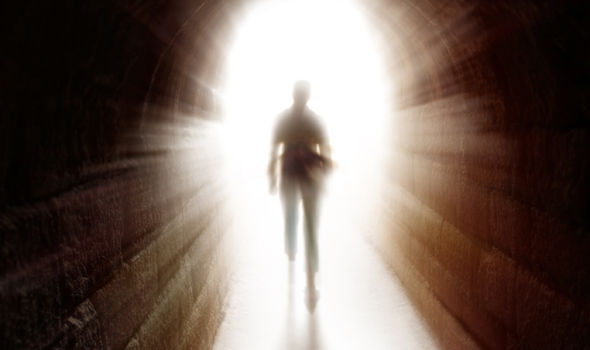


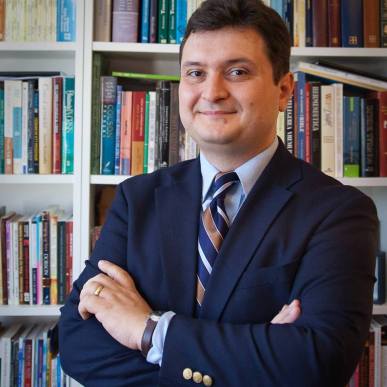




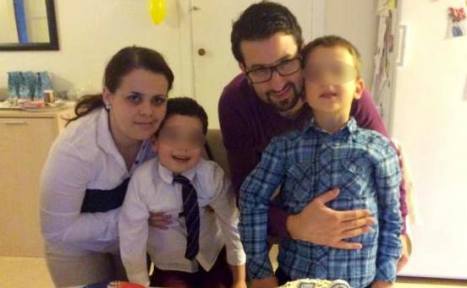
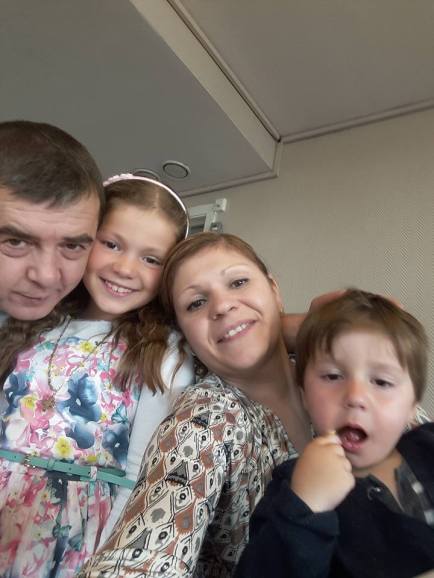
















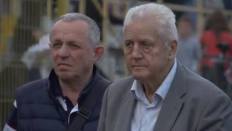




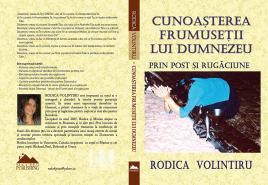







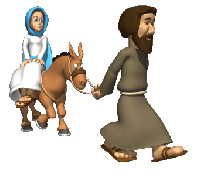


ian. 02, 2016 @ 10:13:41
Reblogged this on Hickory Romanian Baptist Church est. in 1988 – Celebrating GOD'S GRACE.
ian. 09, 2016 @ 17:47:53
Reblogged this on ENCOURAGE by cornelilioi and commented:
Just crazy….too crazy to understand with a…normal mind!!!
ian. 10, 2016 @ 01:58:06
Reasons why Norway is cursed and why you should avoid living there at ALL COST. What a cursed country. If you want your kids taken away from you, go live in Norway. SATANIC leadership indeed.
ian. 27, 2016 @ 22:15:25
You got to be kidding!
ian. 27, 2016 @ 23:28:45
no kidding here. This list was compiled by this professor emeritus and it’s from actual court cases. Pretty incredible, isn’t it?